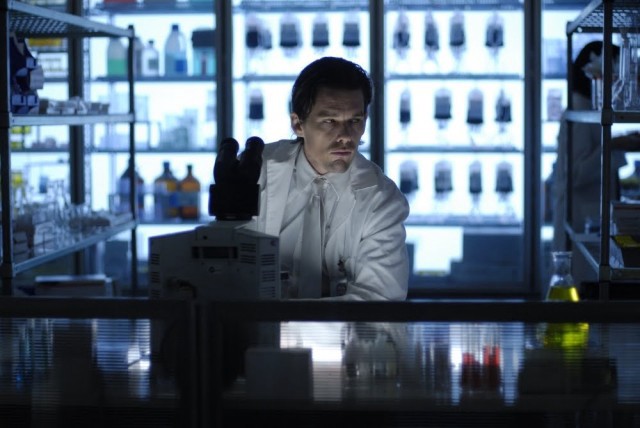Free Market Saves The Day. Yay?

Yay, the market fixed the Pharma Bro price gouging problem — for now.
While “Pharma Bro” [Martin Shkreli] ultimately promised to lower prices to an undefined amount at an unspecified point in time — something that has still not happened — another company has taken it upon themselves to completely embarrass the former hedge funder, who described the price increase as necessary.
San Diego-based Imprimis Pharmaceuticals, Inc announced on Thursday that it will be providing an alternative to Daraprim that costs a fraction of the pill’s pre-Shkreli price. The drug will be sold at as low as $99 for a 100-pill supply. Yes, that’s just about a dollar per pill.
As ThinkProgress puts it, “Pharma Bro Gets Taught A Necessary Lesson.”
Sure. And great! But is our only hope as a society that other soft-hearted pharmaceutical companies will always forgo the profit motive in order to step in to supply us with far cheaper alternatives? It’s a bit like being a Dickensian orphan and knowing the only thing that will save you is if the right benevolent old rich man takes an interest.
I mean, what are the odd thats this will happen again? What were the odds that it would even happen this time?
Imprimis Pharmaceuticals’ action amounts to a kind of charity. Charity, however welcome and important, can’t be counted on. And unlike Rand Paul, I don’t believe the market can be counted on, either. (Fun activity: Read that Fusion profile and think of how many sentences you could write that would start, “Unlike Rand Paul …”)
The government needs to intervene, whether to set some sort of price cap on pharmaceutical products or to otherwise help regulate the degree to which capitalists in the health care industry can try to profit at our expense. That is, after all, what other countries do:
Almost all developed countries — including those run by very conservative governments — have an effective solution for drug prices, which is why these countries often pay less than half of what people in the United States pay for drugs. For instance, Australia’s more than 60-year-old Pharmaceutical Benefits Scheme has been the single purchaser of drugs for the country, making drugs available at fixed prices that are now listed online. …
many drug companies are making huge profits. Gilead, maker of Sovaldi, has profits of around 50 percent. Biogen, Amgen and other biotech firms have profits of around 30 percent. Merck and Pfizer are seeing profits of 18 percent or more. Even if profits were cut by a third or a half, there would be sufficient incentive to assume the risks of drug development.
In other Martin Shkreli news, he just took part in a Reddit AMA, and Rawstory gleefully calls the results “disastrous.”
The 32-year-old Shkreli has become one of the most hated men in the U.S. in the month since news broke that he had purchased the rights to a drug used to treat AIDS and parasitic infections and jacked up the price overnight from $13.50 per pill to $750. …
Shkreli expressed regret that he had been a “flippant jackass” instead of carefully explaining the price increase, although he told another Reddit user that he didn’t understand how raising the price to $20, for example, might have been more reasonable than a 5,500 percent hike.
“I believe drugs should be priced relative to the value they confer,” he said.
The pharmaceutical company CEO got absolutely destroyed by a physician who exposed his limited understanding of how the drugs he sells actually work.
The exchange between Shkreli and the physician is pretty entertaining and worth reading in full.
Support The Billfold
The Billfold continues to exist thanks to support from our readers. Help us continue to do our work by making a monthly pledge on Patreon or a one-time-only contribution through PayPal.
Comments